In an age when gods and mortals walked the earth together, a cosmic struggle unfolded. The great Greek god Apollo, the embodiment of light, music, and prophecy, found himself facing a challenge beyond his wildest imaginings. Stripped of his divine powers, he embarked on a perilous journey to regain his godly status and restore balance to the world. This is the tale of Apollo's incredible odyssey and the trials he overcame in his quest for redemption.
In the beginning, Apollo's life was one of endless splendor. As the god of the sun, he presided over the heavens, ensuring the celestial bodies maintained their daily course. His radiant presence brought life and warmth to the earth, and his divine gifts of music, poetry, and healing were celebrated by gods and mortals alike. But pride and hubris lurked within Apollo's heart, and his arrogance would soon lead to his undoing.
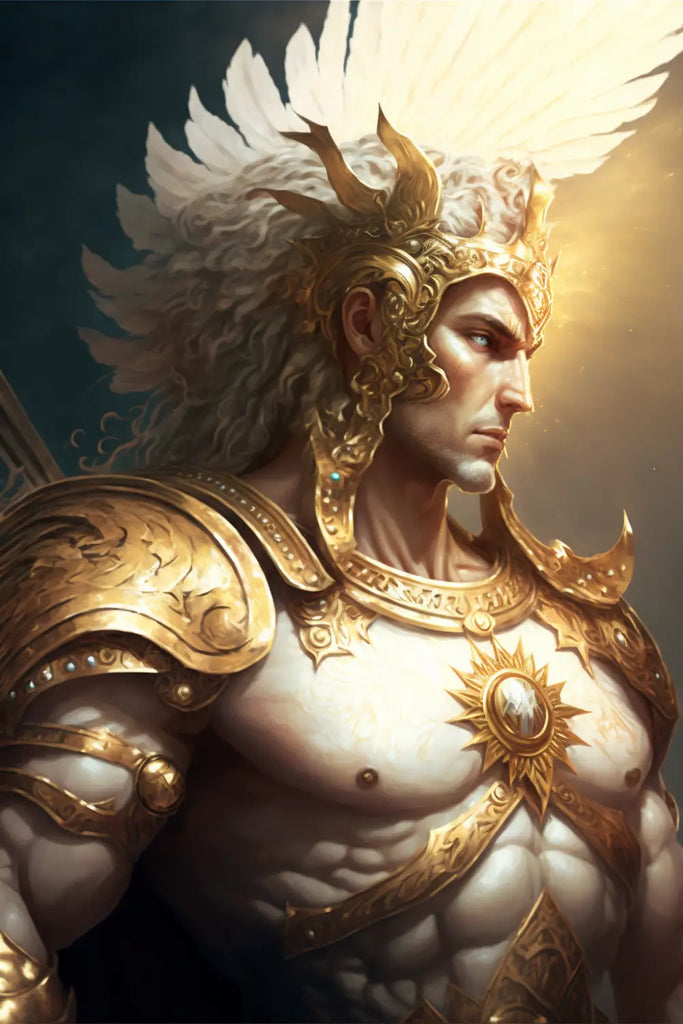
One fateful day, as Apollo was playing his golden lyre on Mount Olympus, he boasted that his music surpassed even that of the Muses. These divine sisters, daughters of Zeus and Mnemosyne, were the embodiment of inspiration and the arts. Their pride wounded, the Muses challenged Apollo to a contest, with Zeus himself as the judge.
The contest was fierce, as the Muses and Apollo played their hearts out, each striving to create the most beautiful and sublime melodies. The other gods watched in awe, unable to decide who would emerge victorious. Ultimately, it was Zeus who would pass judgment.
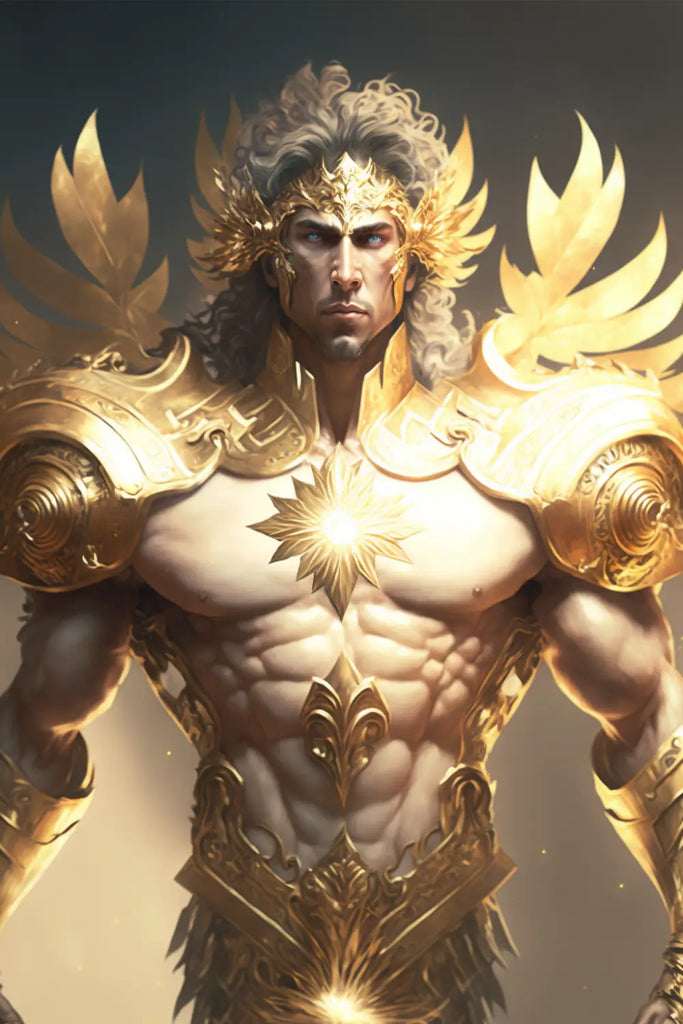
The king of the gods, in his infinite wisdom, declared the contest a draw. He warned Apollo that excessive pride could be his downfall and that even a god must respect the gifts of others. But Apollo, his ego bruised, could not accept the verdict. In a fit of rage, he denounced Zeus's decision and declared himself the supreme ruler of music and arts.
Zeus, saddened and angered by his son's hubris, decided to teach Apollo a lesson. He stripped the sun god of his divine powers, rendering him mortal. Apollo's once-brilliant light faded, his lyre fell silent, and his ability to foresee the future vanished. Cast down from Mount Olympus, Apollo found himself wandering the earth, a mere shadow of his former self.
Determined to reclaim his godly powers, Apollo set out on a perilous journey filled with trials and tribulations. He faced numerous challenges, each designed to test his humility, wisdom, and courage. Along the way, he encountered heroes, demigods, and mythical creatures, all with their own tales of hardship and triumph.
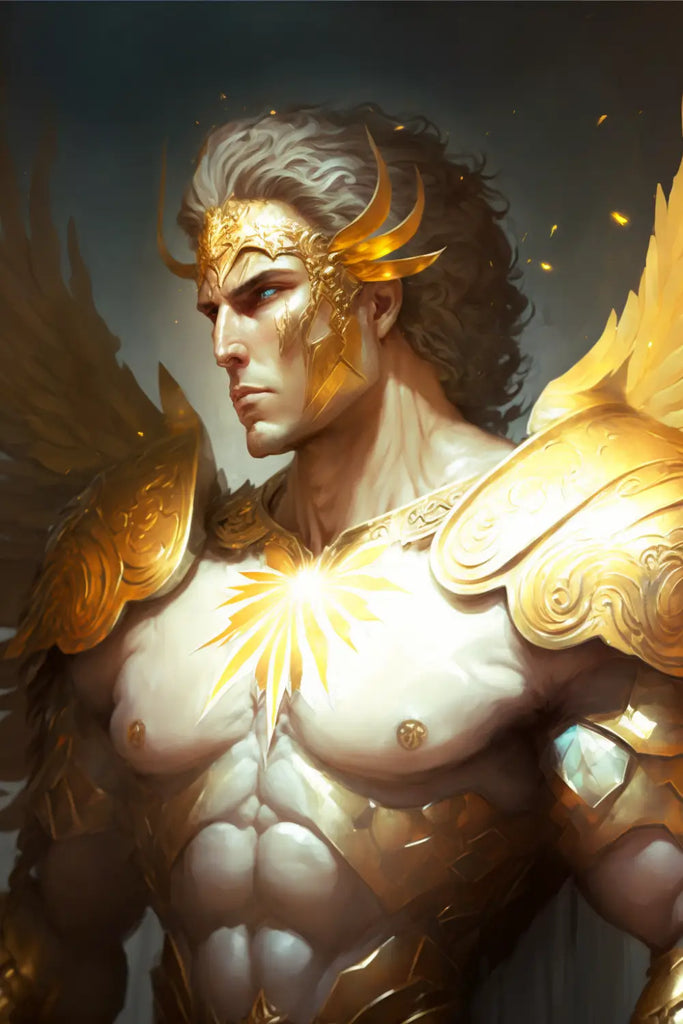
Apollo's first test came in the form of a Sphinx, a creature with the body of a lion and the head of a woman. The Sphinx, a cunning riddler, challenged Apollo to solve her most complex riddle. Drawing upon his wisdom and intellect, Apollo solved the riddle, and the Sphinx, humbled by his triumph, granted him safe passage.
Next, Apollo faced the mighty Ceryneian Hind, a creature with golden antlers and hooves of bronze. The Hind, fleet of foot and nearly impossible to catch, represented the elusive nature of the arts. Apollo, realizing the importance of patience and persistence, pursued the Hind for days, never giving up. Eventually, he managed to capture the creature, proving his commitment to his quest.
During his journey, Apollo encountered the legendary hero Heracles, who was in the midst of his own quest to complete the twelve labors. The two formed a bond, with Apollo learning from Heracles' strength and resilience, and Heracles gaining wisdom and insight from the former god. Together, they faced the Lernaean Hydra, a fearsome serpent with multiple heads that would regenerate when cut off. Combining their skills and intelligence, Apollo and Heracles devised a plan to vanquish the beast. As Heracles sliced off each head, Apollo used his knowledge of herbs to cauterize the wounds, preventing the heads from regrowing. Through their teamwork, they triumphed over the Hydra and continued on their separate journeys.
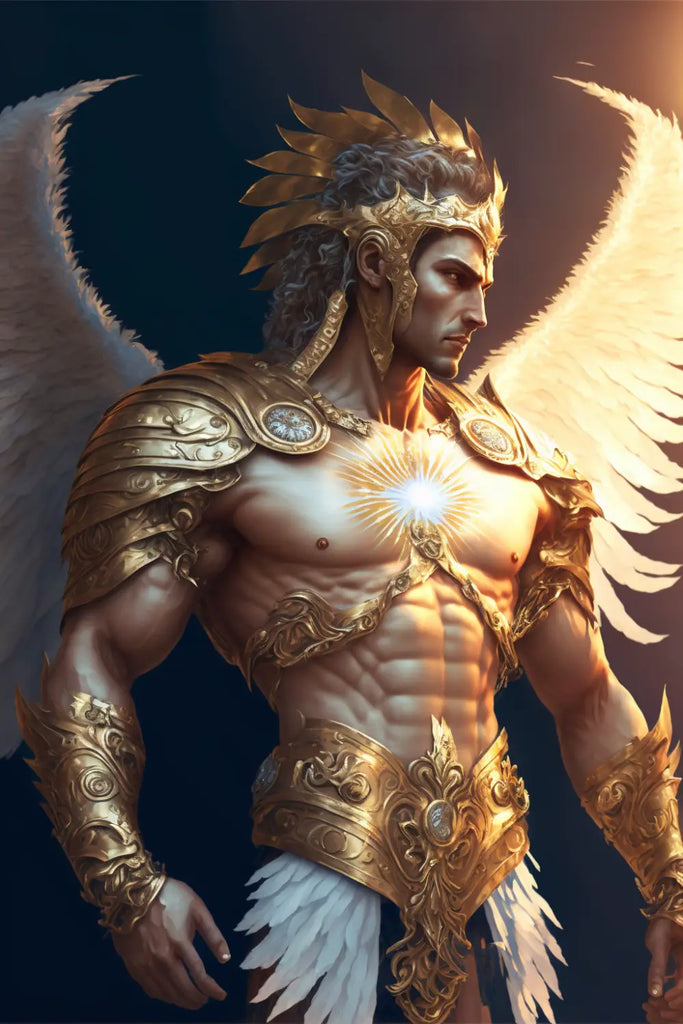
Having demonstrated his humility, wisdom, and courage, Apollo soon faced his most daunting challenge yet: to win the favor of the Muses, the very beings he had offended. In order to regain his powers, he would have to prove that he had learned the value of respect and appreciation for the talents of others.
Apollo sought out the Muses at their sacred home, the slopes of Mount Helicon. There, he humbly asked for their forgiveness and implored them to help him regain his divine powers. The Muses, moved by his transformation, agreed to give him a chance. They presented Apollo with a series of tasks, each designed to test his newfound understanding of the importance of humility and cooperation.
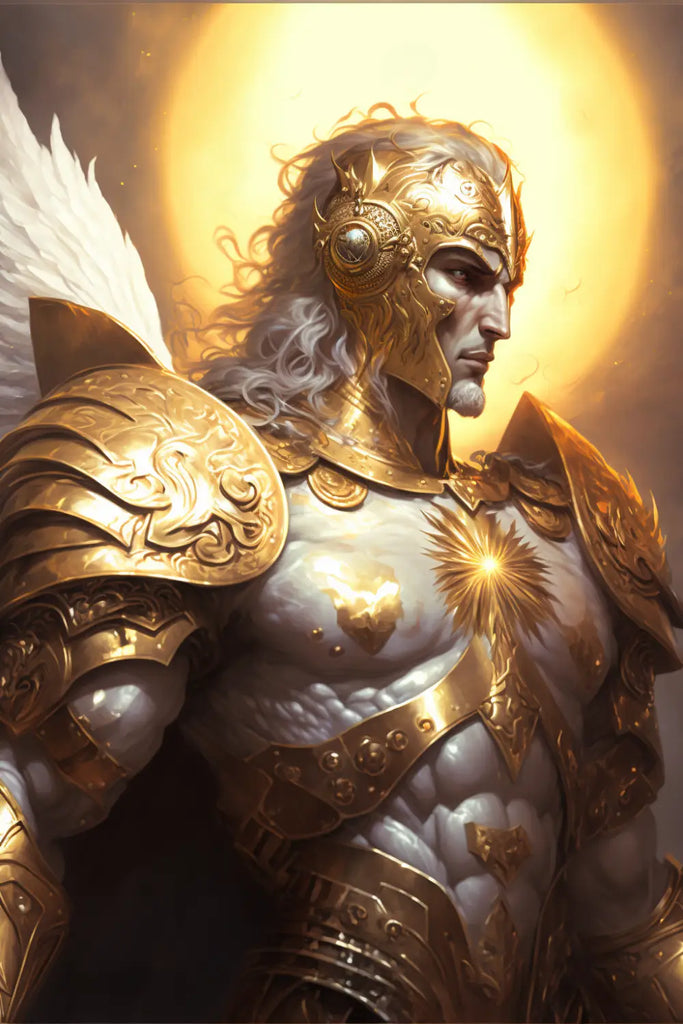
First, Apollo was asked to collaborate with the Muses in creating a new song, one that would unite their unique talents and celebrate the beauty of the arts. Together, they composed a breathtaking melody that touched the hearts of all who heard it. Through this act of collaboration, Apollo learned the power of working together in harmony.
Next, the Muses asked Apollo to use his healing abilities to tend to the sick and injured, a task that would require him to set aside his pride and serve others selflessly. Apollo traveled to the city of Epidaurus, where he healed the sick and brought comfort to those in pain. By doing so, he gained a newfound appreciation for the gift of healing and the responsibility it carried.
Finally, the Muses challenged Apollo to inspire a mortal to create a work of art that would endure the test of time. Apollo found a young poet named Calliope, who struggled to find her voice amidst a world filled with chaos and despair. Through his guidance and encouragement, Calliope composed an epic poem that celebrated the virtues of love, courage, and wisdom, bringing hope to a world in need of inspiration.
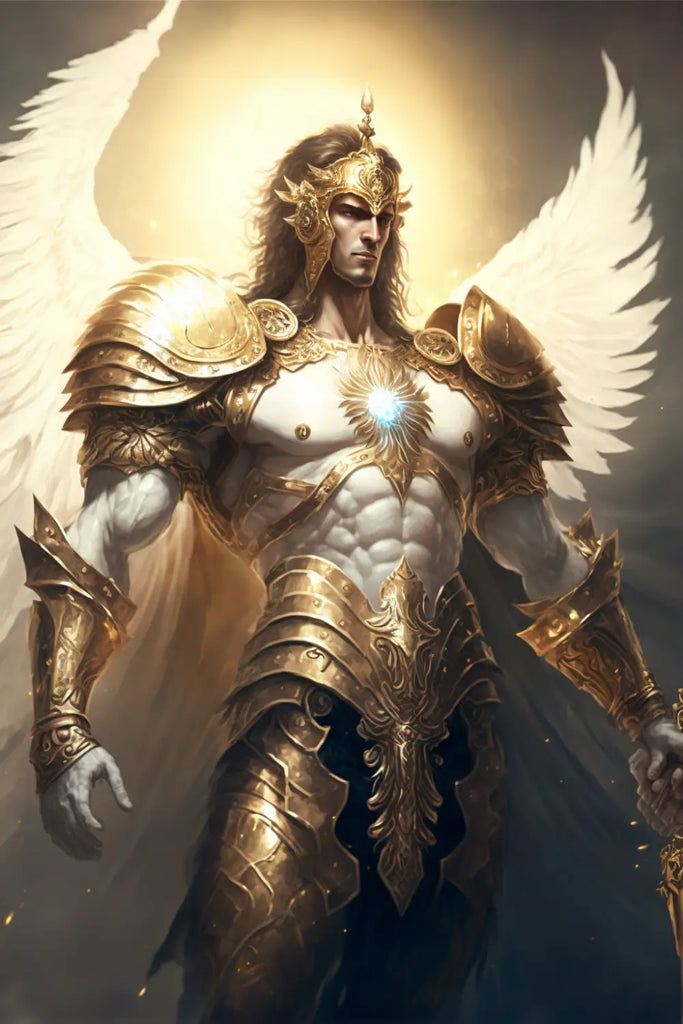
Having completed the tasks set forth by the Muses, Apollo had proven that he had truly learned the lessons of humility, respect, and cooperation. The Muses, pleased with his transformation, agreed to restore his divine powers. As they did so, Apollo's radiant light returned, his golden lyre sang once more, and his prophetic visions were restored.
With his powers regained, Apollo ascended to Mount Olympus, where he was welcomed back by his fellow gods. Zeus, proud of his son's growth and transformation, declared that Apollo would forevermore be a symbol of wisdom, humility, and the power of the arts. As the sun god resumed his place in the heavens, his light shone brighter than ever, a testament to the lessons learned and the journey undertaken.
















